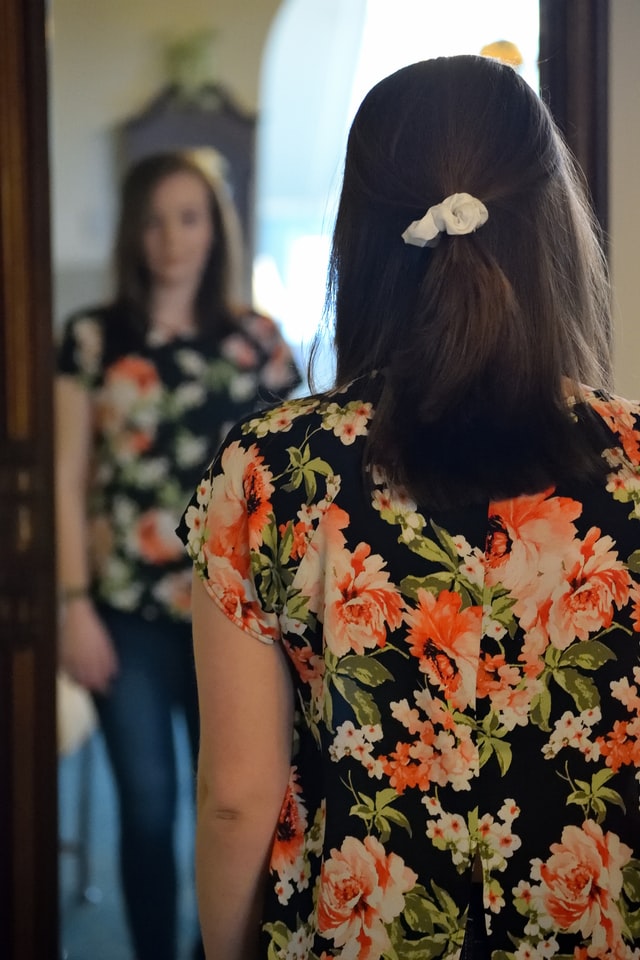Why You Should Be More Comfortable Being Uncomfortable
I’m a bit paranoid about work.
My internal and external customers have short memories, changing demands and long expectations. That’s why our senior leadership team’s unpublished philosophy is: “We are always six months away from mediocrity.”
I’m not trying to be a sky-is-falling pessimist, but if you think that “what got you here will get you there,” I’d think about getting a bit more paranoid.
Over the course of any given year, our organization will train and coach thousands of adults in how they communicate, think and lead. The goal is to stretch self-perception and performance toward potential—to get more comfortable doing what was once uncomfortable.
Stretching your comfort zone requires a healthy dose of paranoia—the thought that you always need to push further because if you don’t, you risk falling behind. Still, many people evade the paranoia through arrogance, pride or fear. As the psychologist Dr. Henry Cloud says, “To live in a world that is certain, albeit inaccurate, is more secure.”
But here’s the thing: Those who move beyond the protection of their comfort and excuses are the ones who will succeed.
Dr. Cloud describes this psychological process as continuous assimilation and accommodation: “Assimilation is the taking in of new information. Accommodation means that you accommodate the new information into your view of the world.”
In other words, you become constantly receptive to ideas and willing to change.
Think of it like your wardrobe. Some people take the attitude that they will wear what’s comfortable and fits their personal tastes. There’s a certain defiance or differentiation in that, I suppose. But others continuously monitor external data (weather, style trends, attire of others, formality of circumstances) and make appropriate adjustments. You might be comfortable in your old shoes, but you might also be making yourself vulnerable to the changing elements and environment around you.
And so it goes with the world of change. To stay relevant is to remain paranoid.
How might you use healthy paranoia to push outside your comfort zones? Where might it take you?










Matt, I’m not certain I agree with your premise of paranoia. I’ve found that my teams and I have been more effective when we orient ourselves towards opportunities and honest assessment rather than fear and paranoia. Looking for negative has a way of decreasing effectiveness and joy. It’s harder to enjoy the journey and searching for the good things when you are waiting for the bear to jump out when you turn the corner. Play to win, not to not lose.
Erik, great point. Thank you for commenting. Admittedly, I struggled with whether to use the word “paranoia” because of the unhealthy and negative aspects of that word. I meant to convey urgency and risk – like the paranoia of not missing your flight or your wedding anniversary. Perhaps it’s a productive fear? “Paranoia” to me is a strong and emotive word that moves me to action though perhaps, to your point, “Vision” or “Opportunity” could be more pointed toward joy?
Matt, I heard one time that motivation to act is driven by either “moving towards” something that is positive or “moving away” from something we are trying to avoid. As an example, in retirement in the sunny SW, most of us at this point in our lives experience a “healthy paranoia” regarding our health. It ebbs and flows between “moving towards” a longer life with more time with family and friends and “moving away” from a concern about not wanting to be where too many of our friends are today in terms of our health. The vision of a desirable future is often not as clear as it needs to be to provide that adequate motivation, so a “healthy paranoia” is important to prevent us from maintaining status quo. I believe your comments in your blog help me to “name” the response to the circumstances so it does not turn into a negative, debilitating fear. Thanks.
Thank you, Dad. The moving toward/away blend for motivation is compelling. Updating our response to circumstances using this blended thinking helps to avoid complacency. Thank you for “naming” how that applies in retirement and why it’s important!
Paranoia, loosely defined, from the Diagnostic Statistic Manual used by psychologists and psychiatrists, refers to an irrational fear of persecution. What you are talking about is not paranoia, Matt. It is entirely healthy and rational. Perhaps the word “mindful” would have done the job. I hesitate to use diagnostic terms in my writing.
Barry, thank you for reading the post and commenting. It’s helpful to gain clarity on the definition of paranoia and to remember that casually used words should be properly understood.